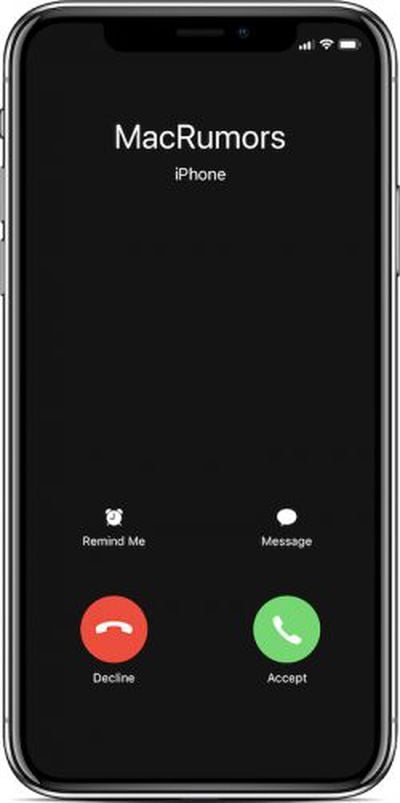 Apple analyst Ming-Chi Kuo published a new report over the weekend, related to the introduction of new antenna technology that could be coming in next year's iPhone lineup. According to the analyst, Modified PI (MPI) will replace Liquid Crystal Polymer (LCP) to become the mainstream antenna technology for the 2019 iPhones, but LCP will still be found in the smartphones.
Apple analyst Ming-Chi Kuo published a new report over the weekend, related to the introduction of new antenna technology that could be coming in next year's iPhone lineup. According to the analyst, Modified PI (MPI) will replace Liquid Crystal Polymer (LCP) to become the mainstream antenna technology for the 2019 iPhones, but LCP will still be found in the smartphones.
Kuo says that complicated production processes of LCP and Apple's lower bargaining power against LCP material suppliers will contribute to this change. LCP is also said to be more brittle and as such unfavorable for module production yield rate, so improving these rates has the chance to lower the antenna's performance based on current technology limitations.
In total, Kuo believes that there will be a mix of LCP and MPI antennae in the upcoming 6.5-inch, 5.8-inch, and 6.1-inch iPhone models for 2019: four MPI antennae and two LCP antennae. Currently, the iPhone XS, XS Max, and XR are equipped with six LCP antennae. With the switch, LCP shipments for the new iPhones in 2019 will decrease by at least 70 percent year-on-year.
As we enter the era of 5G, Kuo estimates that both MPI and LCP "will coexist" during the transition to the new wireless communications standard. While the market is reportedly confident that the coming 5G era will boost LCP materials growth, Kuo says this expectation may be corrected because many mid-range and low-end smartphones will likely switch to MPI antennae during the transition from 4G to 5G.
Besides antennae, current rumors for the 2019 iPhones again predict three models will launch next year: two OLED models (5.8-inch and 6.5-inch) and one LCD model (6.1-inch). Kuo has previously predicted that the 2019 iPhones will feature a new flood illuminator that will improve Face ID by lowering the impact of the invisible light from the environment, and the notch on these models could be smaller as Apple may combine the front-facing camera and the Face ID sensors.






















Top Rated Comments
And, explain what the differences are, and advantages-disadvatages, give us a bit more about this new technology.
Just joking mate